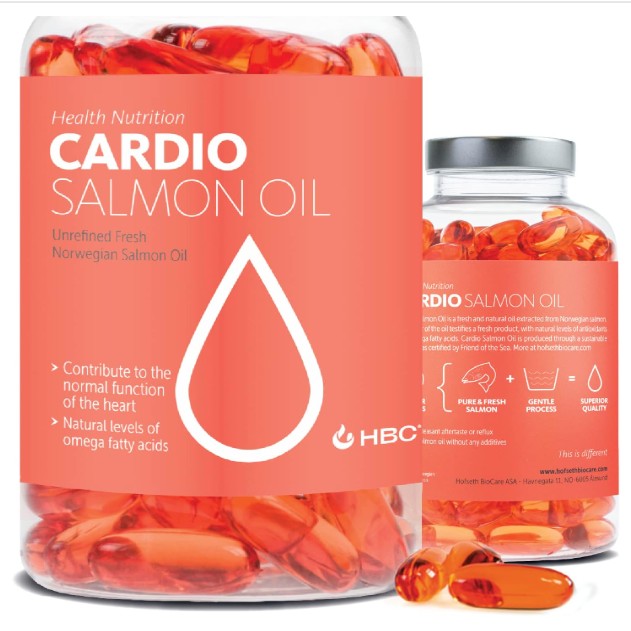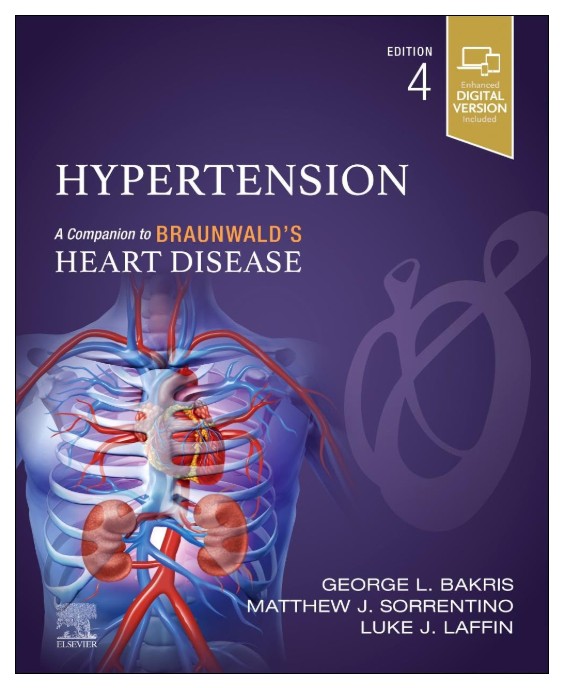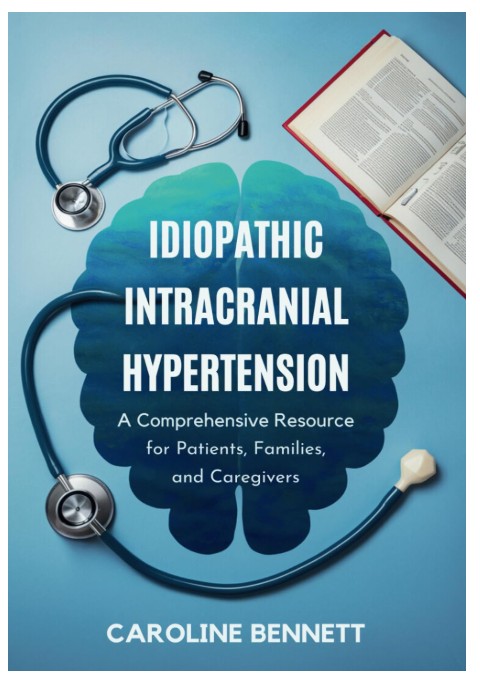High blood pressure, also known as hypertension, is a common health condition that can have serious implications for your heart health. It is often referred to as the “silent killer” because it typically doesn’t present any symptoms until it has already caused significant damage.
High blood pressure occurs when the force of your blood pushing against the walls of your blood vessels is consistently too high. This can cause a variety of complications over time, many of which directly impact your heart.
One of the most significant ways high blood pressure affects your heart health is by increasing the risk of developing heart disease – the leading cause of death globally. Hypertension can lead to coronary artery disease, which occurs when the arteries supplying blood to the heart become narrow or blocked due to fat and cholesterol build-up. This reduces the flow of oxygen-rich blood to your heart muscle, leading to chest pain (angina), irregular heart rhythms (arrhythmias), or a complete stoppage of the heart muscle (heart attack).
Hypertension also increases strain on your heart muscle. Over time, this strain can cause your heart to enlarge and thicken, a condition known as left ventricular hypertrophy. This change in size and shape can make it harder for your heart to pump blood effectively, leading to symptoms like fatigue and shortness of breath.
High blood pressure also increases your risk for congestive heart failure – a serious condition in which your heart cannot pump enough blood to meet your body’s needs. In addition, hypertension contributes to peripheral artery disease – a narrowing of arteries in the legs, stomach, arms and head – far from the heart itself.
Moreover, high blood pressure can lead to an increased risk for stroke – a condition closely related to heart health. Stroke happens when there’s reduced or interrupted blood supply to parts of brain due to blocked or burst vessel. High blood pressure damages arteries throughout our body creating tiny tears in their inner lining making them prone to blockage or rupture.
It’s important to note that the effects of high blood pressure on your heart health are cumulative. The longer you have uncontrolled high blood pressure, the greater your risk of developing these serious health conditions. Therefore, it’s crucial to get regular check-ups and keep an eye on your blood pressure levels.
Lifestyle modifications such as a balanced diet, regular exercise, limiting alcohol and caffeine intake, quitting smoking and reducing stress can all contribute to maintaining a healthy blood pressure. In some cases, medication may also be necessary.
Regular monitoring and control of high blood pressure can prevent or limit damage to your heart and other organs, reduce the risk of heart disease, stroke and improve your overall health and longevity. It is always recommended to consult with healthcare professionals for personalized advice based on individual health conditions.



